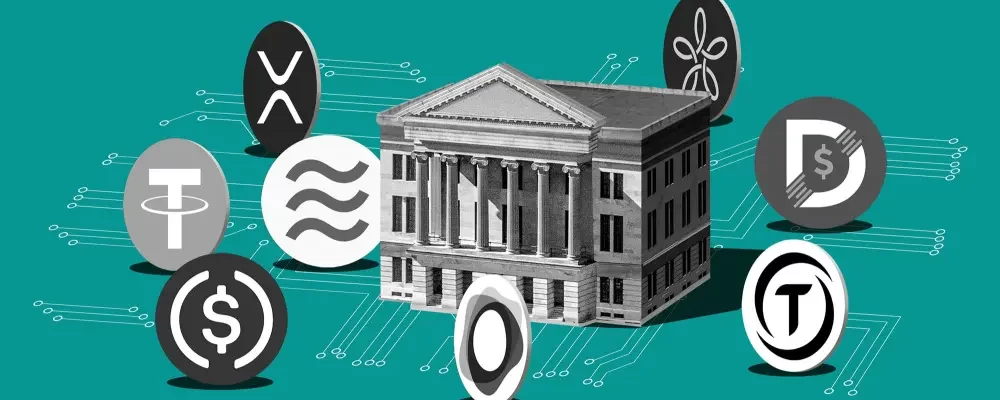The central bank digital currency (CBDC) perspectives of the members of the CFA Institute, the organization that awards the Chartered Financial Analyst certificate, were investigated as part of a demand-side analysis of the financial technology.
According to the study, respondents had a wide range of viewpoints that varied by area and even by age. Generally speaking, the response lacked enthusiasm. Despite the fact that 47% of respondents claimed to have a moderate comprehension of CBDCs and that 42% thought central banks should introduce digital versions of fiat currency (24% had no view), there was a significant difference between respondents in developed and emerging markets.
The support for a CBDC launch among investment professionals in the US was the lowest, at 31%, compared to an average of 37% across developed economies. Support in emerging markets averaged 61%, with support peaking in China and India at 66% and 70%, respectively. Compared to asset managers (38%), bankers demonstrated greater support (50% at commercial banks and 51% at investment banks).
Accelerated payments and transfers were cited as the primary justification for support of CBDCs (58%). The rather ambiguous statement that central authorities should have a crucial role in the development of cryptocurrencies was put forth after that (30%).
The most frequent objection (50%) was privacy. The absence of use cases (40%) came next. Only 10% of those polled believed banks would suffer from a CBDC. Overall, 46% of survey participants said a CBDC would have little to no effect on financial inclusion. A CBDC would improve inclusiveness, according to a large majority of respondents in China (66%) and India (64%) while only 24% of respondents in the United States agreed.
The United States submitted by far the most replies of any other nation to the poll. The institute distributed over 94,000 surveys to its participants, with a 5% response rate. The majority of respondents (85%) were men.






